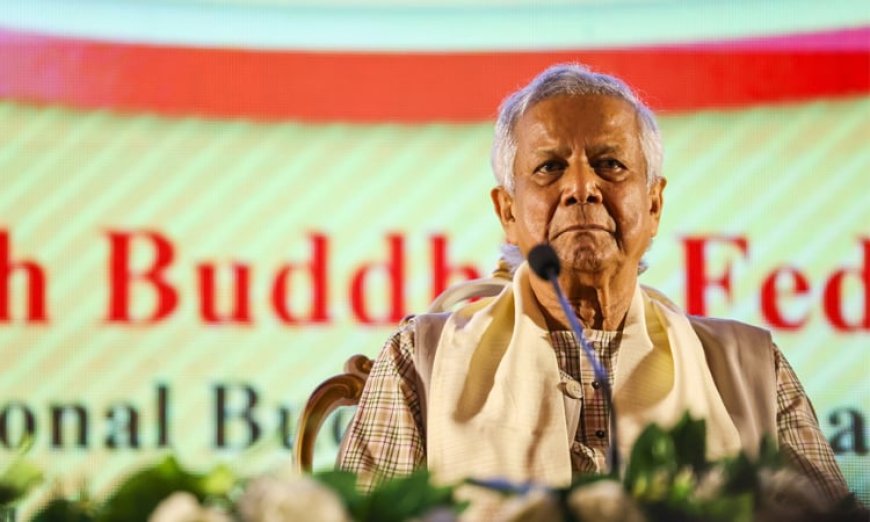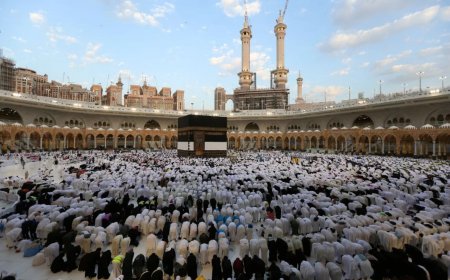Pahela Baishakh Represents "Our Unity": CA
Pahela Baishakh Represents "Our Unity": CA

Chief Adviser Professor Muhammad Yunus today greeted the nation on the eve of Pahela Baishakh, describing the Bengali New Year as a powerful symbol of national harmony.
“Pahela Baishakh is a reflection of our unity. People from all walks of life, following their own traditions and customs, will join this inclusive celebration,” he said while addressing a Sampriti assembly after laying the foundation stone of the Sampriti Bhaban at the International Buddhist Monastery in Dhaka.
Emphasizing Bangladesh's cultural diversity, Prof Yunus said, “Despite our differences in faith, customs and backgrounds—Hindus, Muslims, Buddhists, Christians, and all communities across hills and plains—we are one family.”
Other notable speakers included Religious Affairs Adviser Dr AFM Khalid Hossain, Chattogram Hill Tracts Affairs Adviser Supradip Chakma, Army Chief General Waker-Uz-Zaman, and religious leaders from various Buddhist organizations. The event was organized by the Bangladesh Buddhist Federation and chaired by Venerable Dharmapriya Mahathera.
Prof Yunus highlighted the historic and educational significance of Buddhist monasteries in the region, saying they were once centers of learning and public welfare that spread the message of peace and harmony. He praised the legacy of Atish Dipankar, a renowned Buddhist scholar from Bengal who carried the teachings of Buddha to Tibet, and noted his enduring respect among the Chinese people.
Calling the International Buddhist Monastery a living example of communal harmony, Prof Yunus said it has played a vital role in national interest beyond its religious mission. He expressed hope that the newly planned Sampriti Bhaban would further strengthen Bangladesh’s legacy of unity and humanism, both at home and internationally.
He also shared his appreciation of the monastery’s beauty and significance, mentioning it is located just 10 kilometers from his home—a place he had not visited before. He acknowledged the Bangladesh Army's involvement in constructing the Sampriti Bhaban and expressed confidence in their dedication to preserving the country’s historical and cultural values.
Prof Yunus concluded by noting that he had highlighted Atish Dipankar’s legacy during his recent visit to China, where the Buddhist scholar continues to be remembered with deep reverence.
The chief adviser later visited the monastery’s main prayer hall, where the event drew participation from military chiefs and foreign diplomats, among others.
What's Your Reaction?






















































































